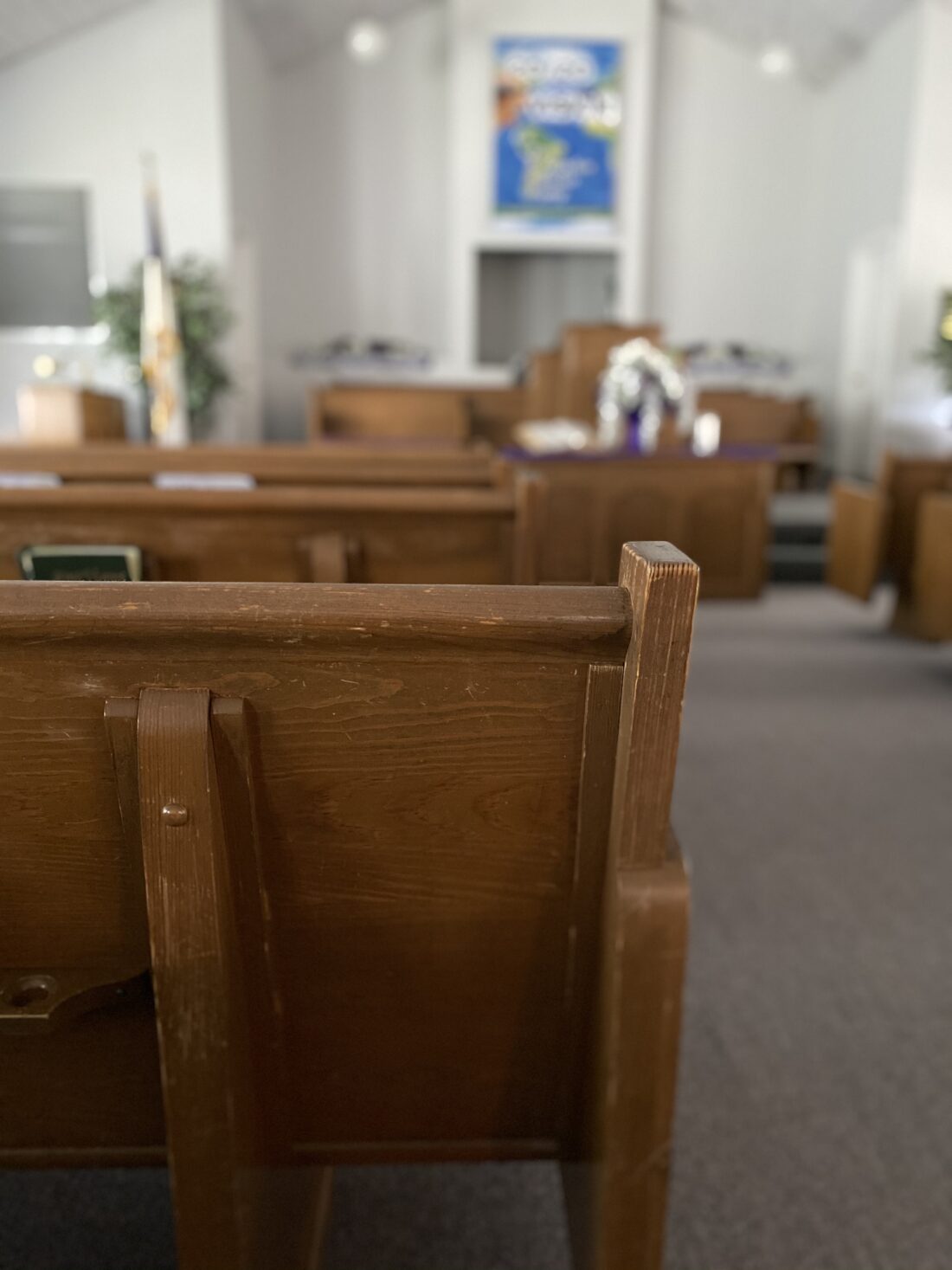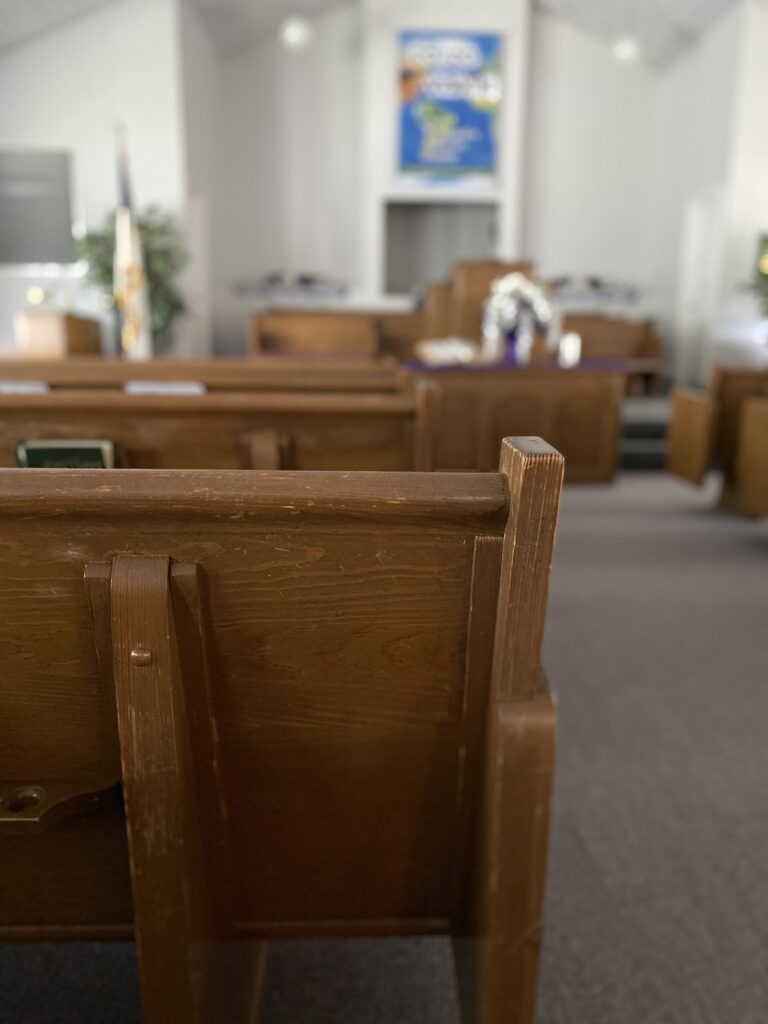What do you hope for? What do you place your hope in?
Paul begins a letter to Timothy, his “son in the faith” (Tim 1:2), with these words:
“Paul, an apostle of Jesus Christ by the commandment of God our Saviour, and Lord Jesus Christ, which is our hope;” 1 Timothy 1:1 (emphasis mine)
Paul Identifies His hope as a person: Jesus Christ. What is Hope? Why did Paul need hope? Why do you and I need Hope?
What is Hope?
One dictionary I use often has this for the first entry under “Hope” n.
“A desire of some good, accompanied (with) at least a sight expectation of obtaining it, or a belief that it is obtainable. Hope differs from wish and desire in this, that it implies some expectation of obtaining the good desired, or the possibility of possessing it. Hope therefore always gives pleasure or joy; whereas wish and desire may produce or be accompanied with pain and anxiety.”
Noah Webster’s first edition of An American dictionary of the English language.
Generally Hope is a confidence that things will get better. Maybe like the feeling after a long day of yard work in the summer knowing that you will soon be able to shower, and cool off.
I think for many it’s far more meaningful than that: It’s a confidence that the world will be better. Or at least that your place in it will improve.
Why Do I Need Hope?
Paul in a different place (Eph 2), reminded a church where they had come from with these remarks:
“That at that time ye were without Christ, being aliens from the commonwealth of Israel, and strangers from the covenants of promise, having no hope, and without God in the world:” Ephesians 2:12
You see this is where all humanity starts: without hope.
Our sin makes a huge void between us and God. This gulf was bridged by God the Son, Jesus. This is why Paul calls Jesus his hope in 1 Tim 1:1. Jesus is the very source and essence of all permanent hope.
Preaching this hope was Paul’s calling:
“To whom God would make known what is the riches of the glory of this mystery among the Gentiles; which is Christ in you, the hope of glory:” Colossians 1:27
Paul was commanded to preach the gospel to the gentiles. Timothy was a part of this group with a jewish mother and gentile father he was a misfit in either set. This gospel was for him.
The people of Ephesus (where Timothy was currently stationed for ministry) were probably mostly gentiles. This gospel was for them.
Wherever you are from and whoever your parents are, this gospel is for you.
Wherever you minister and whoever you minister to, this gospel is for them.
A Present and Future Hope
Jesus is this hope in our present, but there is a future element to this hope. In writing to another of his young colleges, Titus (Titus 2:11-15) Paul reminds him:
“Looking for that blessed hope, and the glorious appearing of the great God and our Saviour Jesus Christ;” Titus 2:13
There is a “blessed hope” in knowing that Jesus will return. Not to just be here in this mess, but to correct the condition of the world order to harmony, justice, and peace. Before this Christ will call His own to Himself (the “rapture”) and justly punish the human race. (Read the prophets and Revelation for details, as much as we are able to know them.)
Where is Your Hope?
What are you hoping in? Are you without hope right now? Please contact me if you would like to know more about how Jesus can be your hope.
Believers: Are you looking for the blessed hope? Live this day and everyday in anticipation of the Kingdom of our Lord, Jesus Christ.
Your Turn
What are some verses God has used in your life to give you hope?
How has God led you to live differently now that you have His hope?


